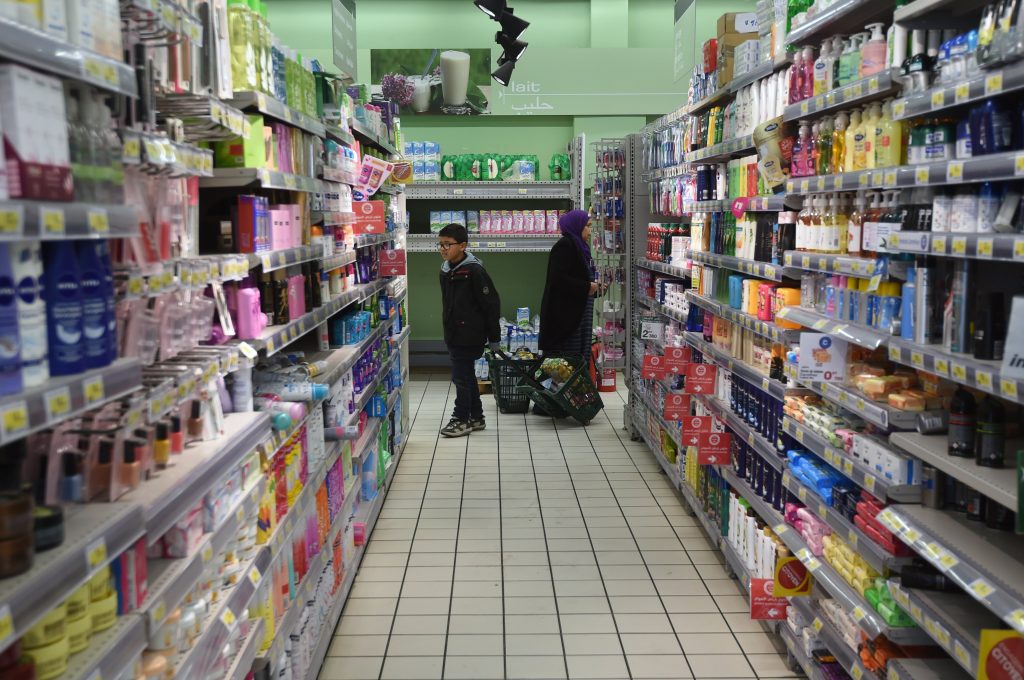São Paulo – Priorities for Tunisia’s economy this year include strengthening tax collection, rolling out a ‘voluntary separations’ program for civil servants, not raising wages unless Gross Domestic Product (GDP) growth is stronger than expected and raising fuel prices on a quarterly basis.
Those were the recommendations made by the International Monetary Fund (IMF) following the second review of the IMF-backed reforms program underway in Tunisia. IMF loans are conditional to the reforms program. The recently-concluded review will enable Tunisia’s government to draw USD 257.3 million, bringing the total amount on loan from the IMF to USD 919 million.
The priorities were listed by IMF deputy managing director and acting chair Mitsuhiro Furusawa. He said Tunisia recovered modestly in 2017 and continues to face heightened macroeconomic vulnerabilities and high unemployment. Debt widened, inflation picked up and international reserves are enough to cover less than three months’ worth of imports.
“Implementation of the policies under the Fund-supported program is necessary to sustain macroeconomic stability,” said Furusawa.
However, according to him, authorities are addressing economic challenges through a budget designed to create a narrower deficit, a tighter monetary policy and renewed commitment to a flexible exchange rate. Furusawa claims that structural reforms have begun to improve governance, strengthen the business environment, modernize civil service and pensions and restructure public banks.
A press release quoted him as saying the fiscal adjustment will entail implementation of a number of policies to increase tax revenue in an equitable manner, rein in spending to reduce debt and increase investment and social expenditure and continue to adapt the regulatory framework on public-private partnerships. Economic adjustments, however, must be made while protecting the most vulnerable.
Furusawa lauded the Tunisian Central Bank’s commitment to keeping inflation at bay through interest rate hikes. He said new hikes will be needed to move said rates into positive territory, “unless inflation quickly subsides,” he said in the press release.
He also mentioned structural reforms, such as the establishment of a High Anti-Corruption Authority, and the building of institutions to support the investment code, including a one-stop shop to that end, and legislation to facilitate the reduction of nonperforming loans.
The reforms program is meant to “reduce high and growing macroeconomic imbalances, ensuring adequate social protection, and fostering private sector-led, job-creating growth.” It is expected to help stabilize public debt below 73% of GDP by 2020, as well as raise investment and social spending.
The IMF concluded its review on March 23 and issued its press release on it late last Tuesday (26). Its four-year arrangement with Tunisia was approved in May 2016 and provides for a total USD 2.9 billion in disbursements.
Translated by Gabriel Pomerancblum




